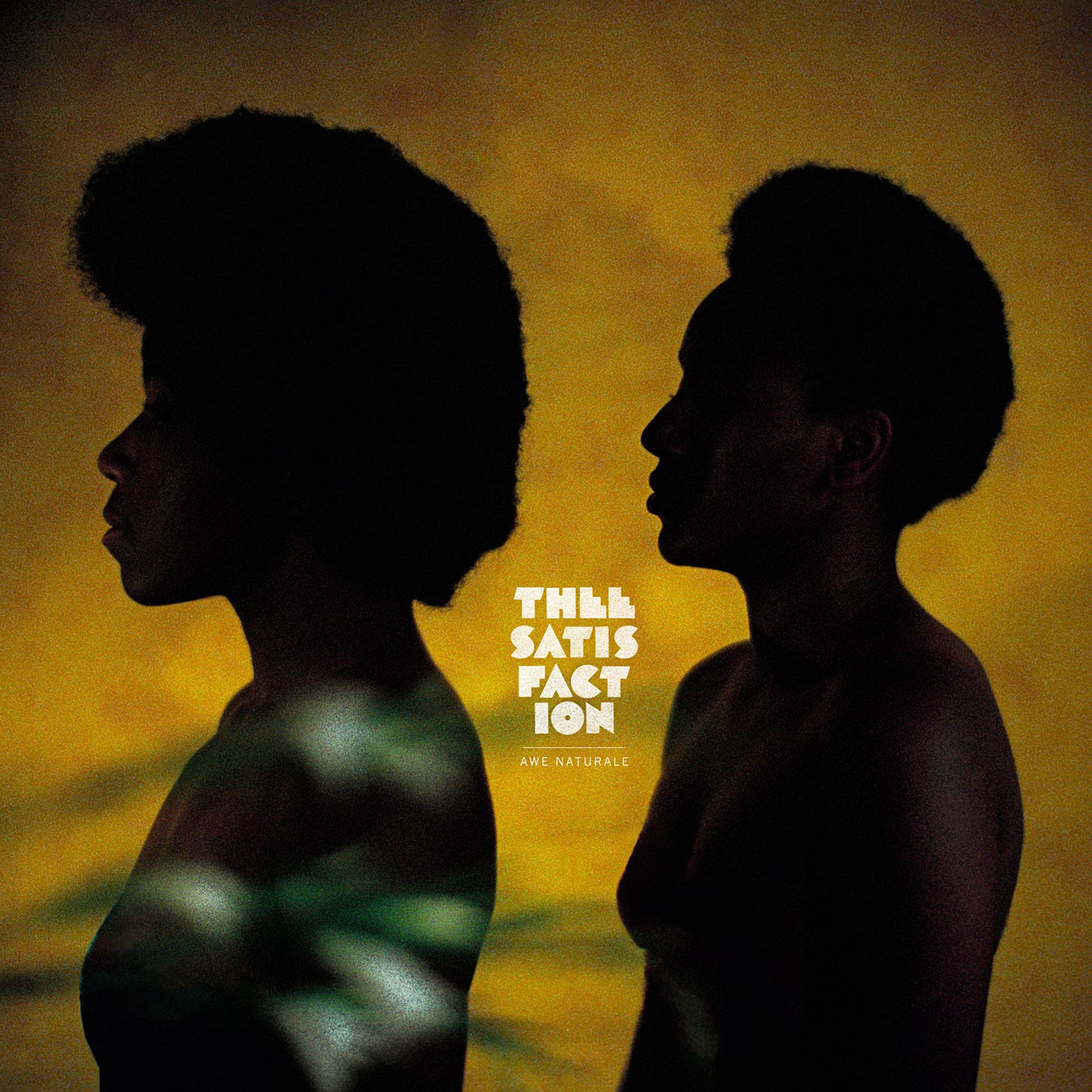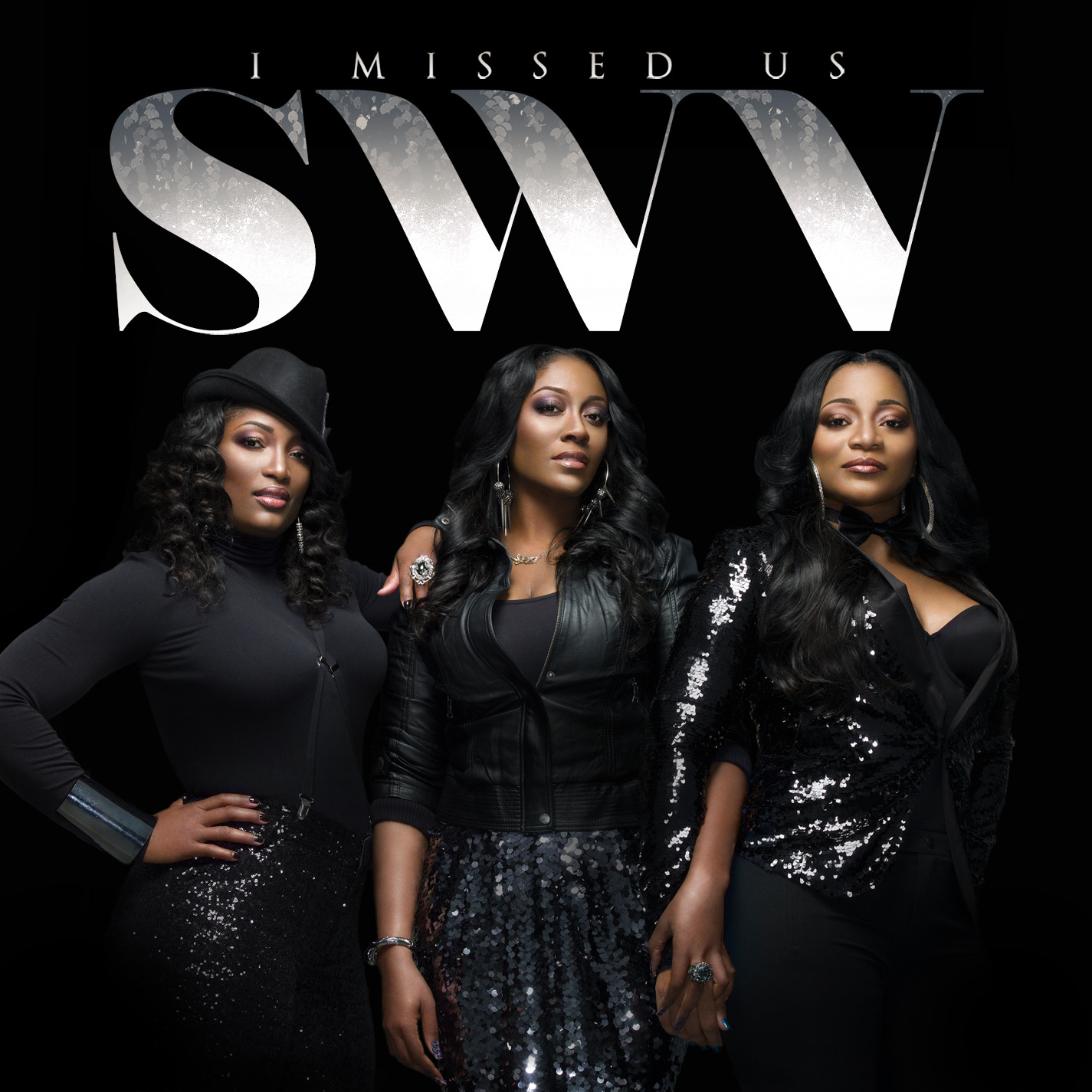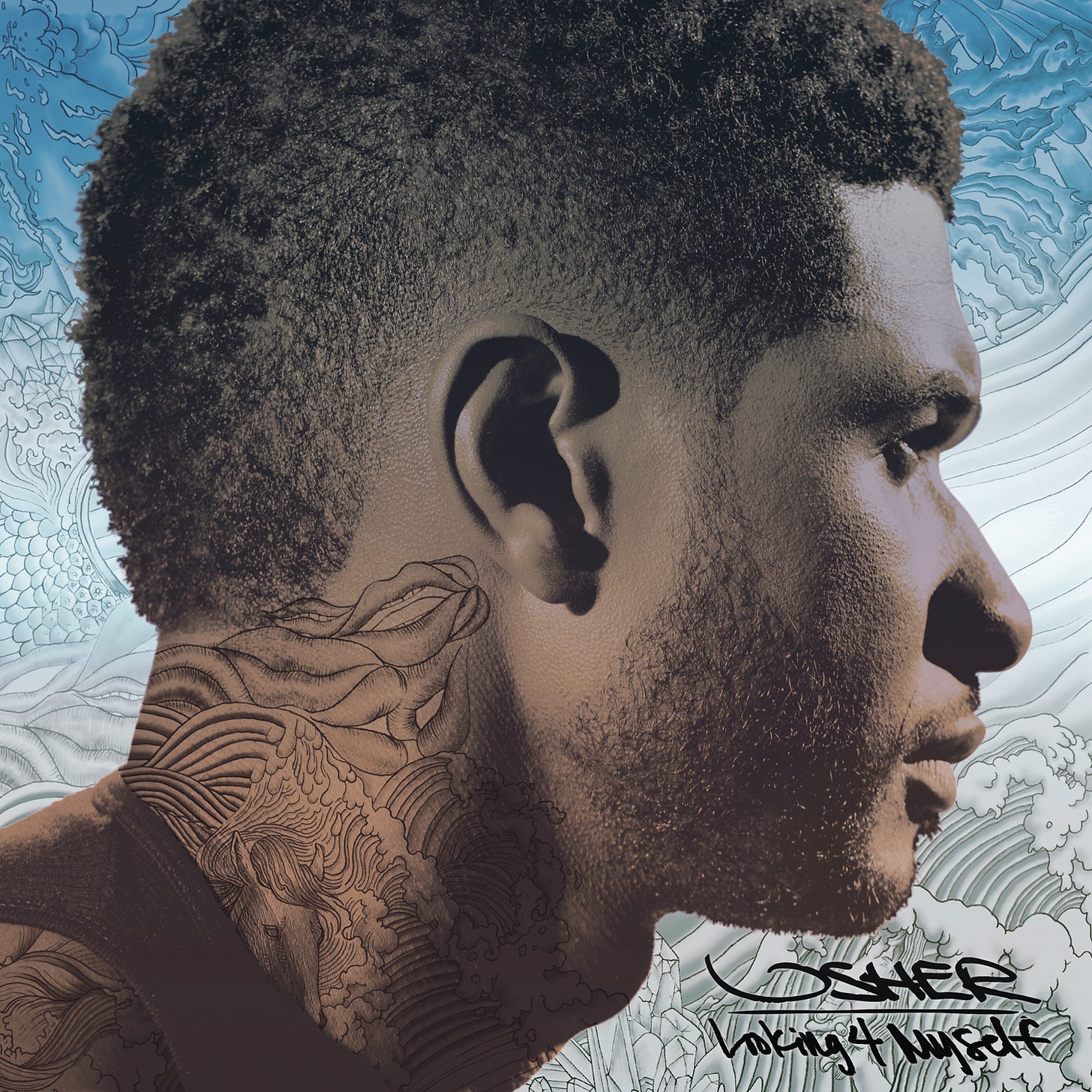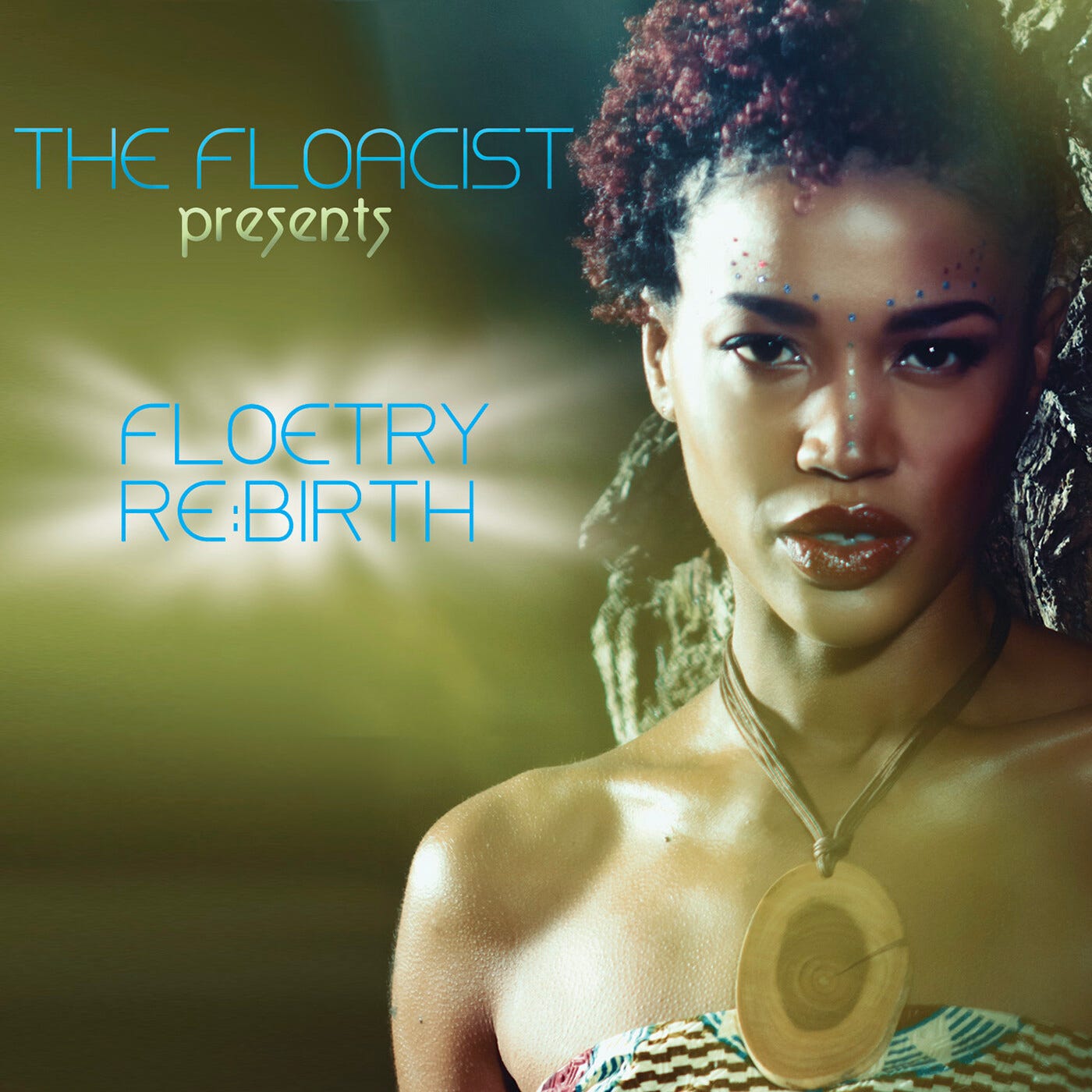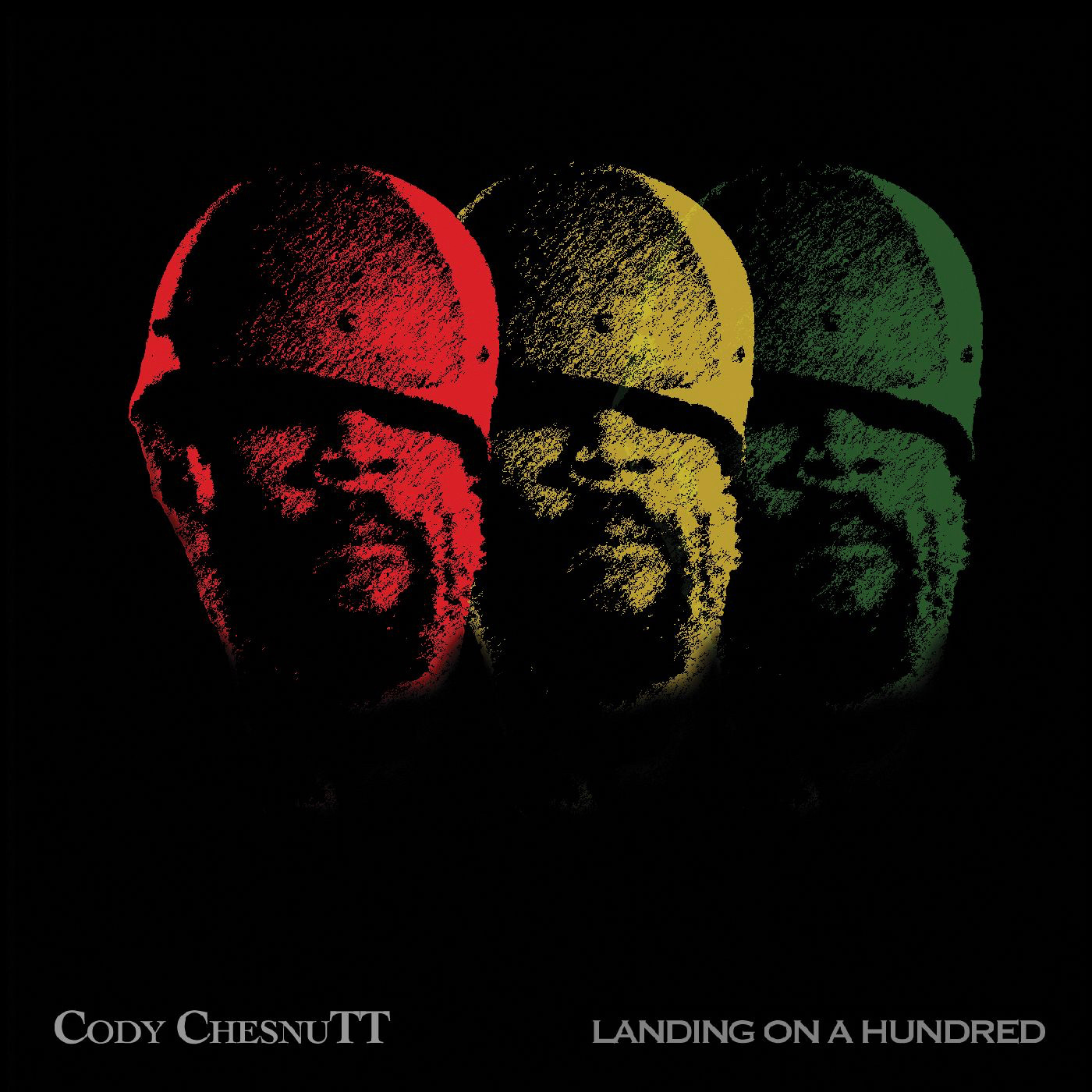R&B Albums from 2012 That Deserve More Appreciation
We are shining a light on R&B’s underappreciated albums of the 2010s. Right now, here are ten albums from 2012 that are often forgotten or overlooked.
What an underrated year it has been for R&B. Reflecting on the 2012 releases, it’s evident that the genre is experiencing the comeback we anticipated. The year featured returns from R&B legends and popular stars aiming to improve upon past efforts that were less than stellar. Newcomers made impressive debuts, and some artists delivered outstanding follow-up albums.
Amidst R&B’s expansion into diverse styles, numerous sub-genres are beginning to flourish. With the genre’s evolution toward Pop and music critics embracing new favorites like Alt-R&B or Alt-Soul, an exciting new wave is rising. These artists blend classic soul stylings with youthful honesty and contemporary perspectives.
Creating these lists is always a labor of love, but after much debate and discussion, we are confident in our selections that deserve a refresher. Let’s revisit these choices.
AwE NaturalE — THEESatisfaction
Stasia Irons and Catherine Harris-White’s unique blend of Afro-futurist rap and soul developed over a dozen self-released EPs and digital downloads between 2008 and 2011. Their sound, refined on this 30-minute album, is cerebral and seductive, making for a tight and lasting grip on the listener. Harris-White’s singing voice has an arousing yet caressing quality, while Irons’ MCing style is invitingly confrontational. The duo’s voices complement each other so well that it’s no surprise they’re often mistaken for being telepathic. Irons frequently sing, adding another layer to their already complex sound. Had they not released music underground, this album would be considered one of 2012’s best debuts. The combination of Irons’ and Harris-White’s voices creates a stimulating effect, with titles like “I Nigress” and “Sandra Bollocks Black Baby” showcasing their whimsical yet purposeful wordplay.
I Missed Us — SWV
SWV’s 15-year hiatus from the studio has not hindered the quality of their comeback album, I Missed Us. The group’s collaboration with Cainon Lamb, also known as Lamb, has yielded an album that sounds remarkably contemporary. With Lamb at the helm, writing and producing the first nine tracks, SWV delivers a high-caliber R&B album that disregards their legacy and focuses on the present. The album features a diverse mix of songs reminiscent of exceptional female R&B artists, showcasing Lamb’s understanding of SWV’s strengths. Their partnership is well-suited, as evidenced by the album’s polished sound. The album concludes with a dramatic rendition of Patti LaBelle’s 1983 classic “If Only You Knew,” solidifying I Missed Us as one of the decade’s best comeback albums. SWV signed with eOne for their first proper studio set since 1997’s Release Some Tension, and the result is an album that sounds neither dated nor nostalgic.
Dawn | Dusk — Columbia Nights
The trio’s modest project is a brief yet captivating set of originals that suggest a late-‘70s project nurtured by Don Mizell or Larry Dunn. They put a modern spin on smooth soul and crossover jazz, ideal for daytime and quiet storm radio programming. This debut is designed for repeated blissful plays that lead to complete memorization, not for instant, fleeting thrills. Restrained yet imaginative covers of Little Dragon’s “Stormy Weather” and George Duke’s “Feel” cast in soft radiance, affirmed kinship with sounds new, old, electronic, and analog, and complemented by the caressing voice of Howard jazz student Sarai Abdul-Malik. On this effort, the trio steps forward with a cohesive set of songs that can be slotted into a modern, slightly left-of-center take on smooth soul and crossover jazz. They are ideal touring partners for the Foreign Exchange and Robert Glasper Experiment, with a style that is more for quiet, blissful listening than for instant thrills.
The Bravest Man In the Universe — Bobby Womack
In 2010, an unexpected collaboration on Gorillaz’s album Plastic Beach brought together Damon Albarn and Bobby Womack, marking the beginning of a rewarding partnership. Two years later, their friendship led to the release of Womack’s The Bravest Man In the Universe, his first studio album in 13 years. Richard Russell’s minimalist production and Albarn’s atmospheric instrumentation crafted a distinctive musical soundscape. Instead of imposing their artistic visions, Albarn and Russell offered Womack the creative freedom to innovate. Electronic elements introduced by Russell and Albarn amplified the emotional depth of Womack’s vocals. Though his voice bears time marks, his performances retain their powerful impact. Rather than fixating on mortality, the album embraces the complexities of life. While undertones of melancholy are present, the message affirms the strength found in human experience.
Looking 4 Myself — Usher
Describing Looking 4 Myself as revolutionary does a disservice to the very concept. In reality, Usher is merely adapting to current musical trends. While he demonstrates his ability to excel in this genre, it would be dishonest to suggest that he’s forging new ground. The album leans more heavily toward dance-pop compared to his previous work. While this might be seen as a bold move, it doesn’t necessarily showcase Usher’s artistry. Most tracks are polished and proficient but lack distinctiveness, functioning primarily as dance floor accompaniment. As a vocalist, Usher brings depth to the producer-driven sphere of dance music. Nonetheless, he tends to shine brighter when tackling slower, more soul-infused material, but the record is way better than what the fans give it.
Greater Than One — Dwele
Dwele’s fifth and most recent album, Greater Than One, continues to connect deeply with his long-time fans. A noticeable absence of creative limitations permeates the record. He embraced a distinct 1980s influence during its production, reviving the sophisticated R&B-jazz blends that once dominated Detroit’s music scene. While this nostalgic sound has always been part of his signature style, it becomes even more pronounced in this album. Setting this release apart from his earlier work is a more relaxed and playful energy. The songs explore mature themes of bachelorhood and courtship, yet Dwele inclusively presents them, appealing to mainstream audiences without resorting to exaggerated masculinity or catering excessively.
Mutatis Mutandis — Nona Hendryx
Nona Hendryx resumes her solo career after a two-decade pause, maintaining impressive creativity. Her album, Mutatis Mutandis, is her inaugural release with Ani DiFranco’s Righteous Babe label. The record combines funk, soul, and rock elements, creating a robust backdrop for its socially aware lyrics. Across ten collaborative tracks, Hendryx directly addresses issues of injustice, blending passionate words with engaging melodies. Although tackling such relevant subjects might make Mutatis Mutandis feel dated over time, the album’s remarkable attributes mitigate this concern. These include outstanding vocal performances, sophisticated musical arrangements, high-quality production, and infectious rhythms, all of which enhance its standing in Hendryx’s discography.
Floetry Re:Birth — The Floacist
Natalie Stewart establishes herself as a talented musician and poet through her album Floetry Re:Birth. With ten tracks, the album guides individuals on a path of self-discovery, addressing topics such as relationships, personal development, and spiritual revitalization. These compositions prompt the audience to reassess their priorities and reconnect with their cultural roots. Re:Birth features a mix of intimate ballads, tributes to her African ancestry, and heartfelt acknowledgments of life, offering both comfort and inspiration. Stewart’s expressive lyrics and calming melodies transform the album into a valuable collection for those eager to engage deeply with her work. By dedicating time and attention, the audience will uncover a range of emotions and reflections that strike a meaningful chord.
Landing On a Hundred — Cody ChesnuTT
Cody ChesnuTT’s once mysterious persona has softened with the release of Landing On a Hundred. This sophomore album embraces a clear-cut style devoid of provocative elements or unrefined aspects. Instead of relying on polished production, it presents genuine instrumentation enhanced by string and horn sections. ChesnuTT’s first album, The Headphone Masterpiece, was unconventional and extensive, featuring sporadic moments of brilliance that suggested he could produce varied yet outstanding material each year. The twelve tracks on Landing On a Hundred are thoroughly developed and recorded in studios with a sizable supporting team. Compared to his debut, this release offers a more substantial collection of songs that provide enrichment without hesitation.
Woman to Woman — Keyshia Cole
Keyshia Cole’s fifth studio album does not mark a drastic change in musical direction. Instead, Woman to Woman continues her tradition of creating music centered on relationship drama. Despite rarely addressing women directly in her songs, Cole’s work remains decidedly female-focused, often tackling difficult emotions stemming from romantic entanglements gone sour. Relationship decay is once again a common theme, as seen in tracks such as “Trust and Believe,” where its dynamic structure shifts seamlessly from an intense intro to an ethereal, dreamlike state accentuated by finger snaps before addressing an ex’s betrayal after they began dating her best friend. Although some past releases lacked inspiration, this album showcases her refined skillset, indicating Cole still knows how to produce meaningful, engaging content.


